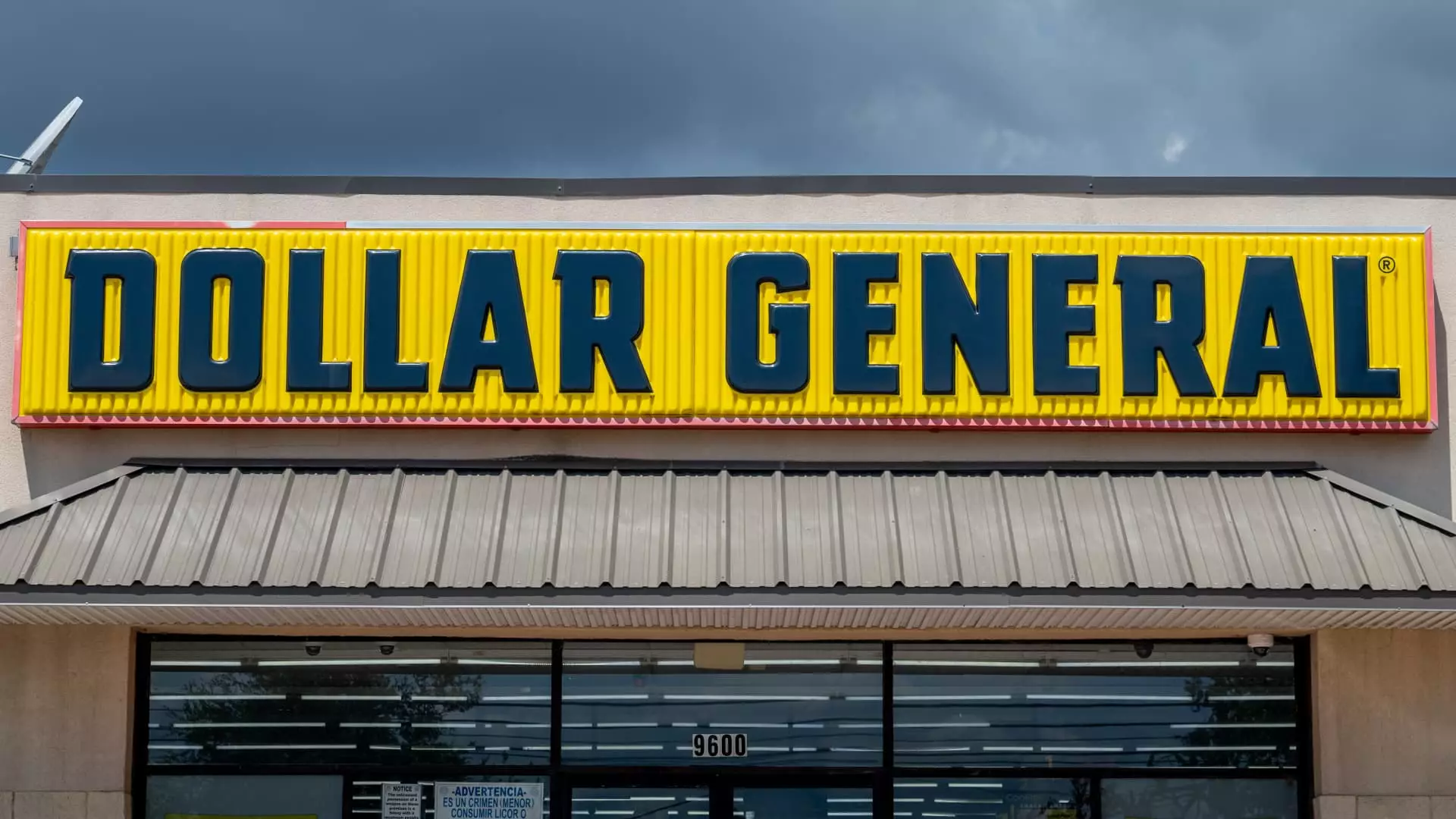The recent escalation in economic tensions related to President Donald Trump’s tariffs has cast a long shadow over the stock market, exposing vulnerabilities that investors must address. The imposition of a staggering 25% tariff on goods from Canada and Mexico, alongside an additional 10% on Chinese imports, has triggered a considerable downturn across major stock indices. Unlike past instances of market disruption—where outcomes were more easily interpreted—this current uncertainty seems to skirt any predictability. Major averages are struggling, experiencing their most significant decline since September, and the volatility raises alarms that are too loud to ignore.
Analyst Michael Kantrowitz from Piper Sandler clearly articulates this precarious situation, signaling that the market lacks insight into how far Trump is prepared to escalate his tariff policy. There’s a sense of déjà vu here—echoing the fears of 2018’s fourth-quarter downturn spurred by Federal Reserve Chair Jerome Powell’s overzealous commitment to interest rate hikes. The unpredictability of these tariffs and the resulting impact on inflation but also employment creates a dire atmosphere for investors trying to navigate these treacherous waters.
The Danger of Economic Isolationism
Trump’s tariffs not only pose challenges for specific markets but signal a larger trend toward economic isolationism. While certain entities might appear insulated, such as grocery chains like Kroger and discount retailers like Dollar General, the question remains: whom do these tariffs ultimately benefit? Those sticking their head in the sand, bolstered by short-term gains, may ultimately be unknowingly complicit in their own longer-term detriment.
Consider Kroger, whose stock surged almost 28% over the past six months. Yet beneath this success lies a disturbing dependence on the domestic market that could be a double-edged sword as economic uncertainty mounts. Investors are pushing past concerns to ride the wave of short-term optimism, completely neglecting the larger ramifications of disrupted supply chains and rising costs that could jeopardize even the most stable sectors.
Misguided Optimism Amid Lack of Insight
It’s perplexing to see how quickly some market participants have switched their focus toward safeguarding possible investments instead of confronted by the swirling chaos around them. Morgan Stanley’s support for Dollar General as a supposed safe haven in the current climate reflects not just shortsightedness, but a troubling willingness among investors to overlook inevitable market corrections in favor of momentary comfort.
Moreover, the stark contrast between short-term gains for these retailers and the dismal long-term view projected by their annual performances cannot be overstated. A meager 48% decline for Dollar General over the previous year is an alert that longs to be heard, yet many investors are dismissing this in their pursuit of “non-disruptive” assets.
Corporate Bonds: A False Savior?
In the quest for safety amidst overwhelming market weakness, the corporate bond landscape is often touted as a refuge. Piper’s analysis indicates that some companies, like Hess—a notable oil and gas producer—secured favorable macro select and corporate bond risk spread scores. This practice of assessing stocks through the lens of bond correlations may offer fleeting protection, but it dangerously skirts over the substance of business operations themselves.
How much longer can we perpetuate this model where the only dependable measurement of company growth hinges on bond market sentiment? While Hess is currently buoyed by a sense of optimism amidst bond spread inflations, realistic scrutiny reveals the situation to be far more dire than the apparent valuations suggest.
The Inevitable Reckoning
At the end of the day, the market’s nuanced knee-jerk reactions to President Trump’s tariffs signal a chilling reality that investors cannot afford to overlook. They are living in a precarious state of false security, igniting a tête-à-tête with impending economic ramifications that tap into every corner of American business. As uncertainty reigns supreme, an awareness of market dynamics that extends beyond ephemeral gains is essential. It’s crucial that investors not only don their blinders and chase after perceived stability, but instead, probe deeper beneath the veneer of short-term triumphs—and dare to confront the turbulent realities of an unpredictable economic future.


Leave a Reply